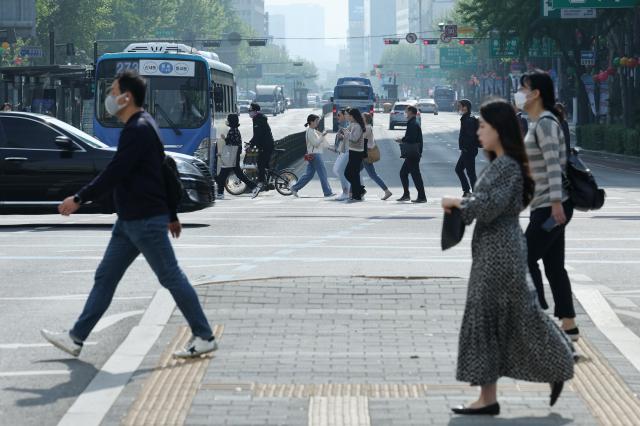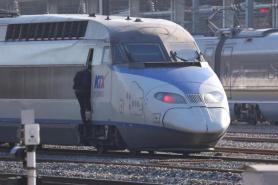
SEOUL -- Many young South Korean university graduates are leaving their hometowns in rural provinces to migrate to Seoul in search of higher salaries and a better living environment. The rural exodus of young people is accelerating depopulation and the aging phenomenon in cities and provincial areas outside Seoul and its suburbs.
A famous centuries-old Korean saying goes, "When a child is born, send the baby to Seoul. If a horse is born, send it to Jeju." This saying conveys the idea that for a person to be nurtured properly and become successful, they would have to grow up in Seoul, where infrastructure for education and job opportunities is abundant. In contrast, a horse should be sent to the southern resort island of Jeju, which has been recognized by Koreans as the nurturing ground for horses for over a millennium.
Currently, about 52 million people live in South Korea and about 26 million people live in the capital city and the metropolitan area. Data released by the Korea Institute for Industrial Economics and Trade showed that about 80 percent of jobs are concentrated in the metropolitan area.
In a survey of 162,677 university graduates, conducted by the Korean Educational Development Institute research team led by researcher Cho Ok-kyeong, 25.6 percent of students from universities located outside Seoul and its satellite cities were employed by companies in the capital city. The state-operated education institute released the survey analysis on January 17.
The eastern province of Gangwon showed the highest rural migration by young university graduates with a rate of 63.6 percent, followed by the central province of Chungcheong with 58.6 percent. Southern provinces including the North Gyeongsang Province, South Gyeongsang Province, and Jeolla Province showed a similar rural exodus rate of about 30 percent.
According to survey data, the average starting salary of rural migrants was 2,590,000 won (1,932) while those who stayed in the same area as their universities received 2,450,000 won. The research team analyzed that the rural flight by young people will accelerate phenomena including a decline in the working-age population and recession in local economies.
The researchers said that because the rural migration of young people cannot be regulated or stopped, it is vital to set up policies based on a delicate analysis of factors that cause people to leave their rural hometowns for metropolitan areas.
Copyright ⓒ Aju Press All rights reserved.




